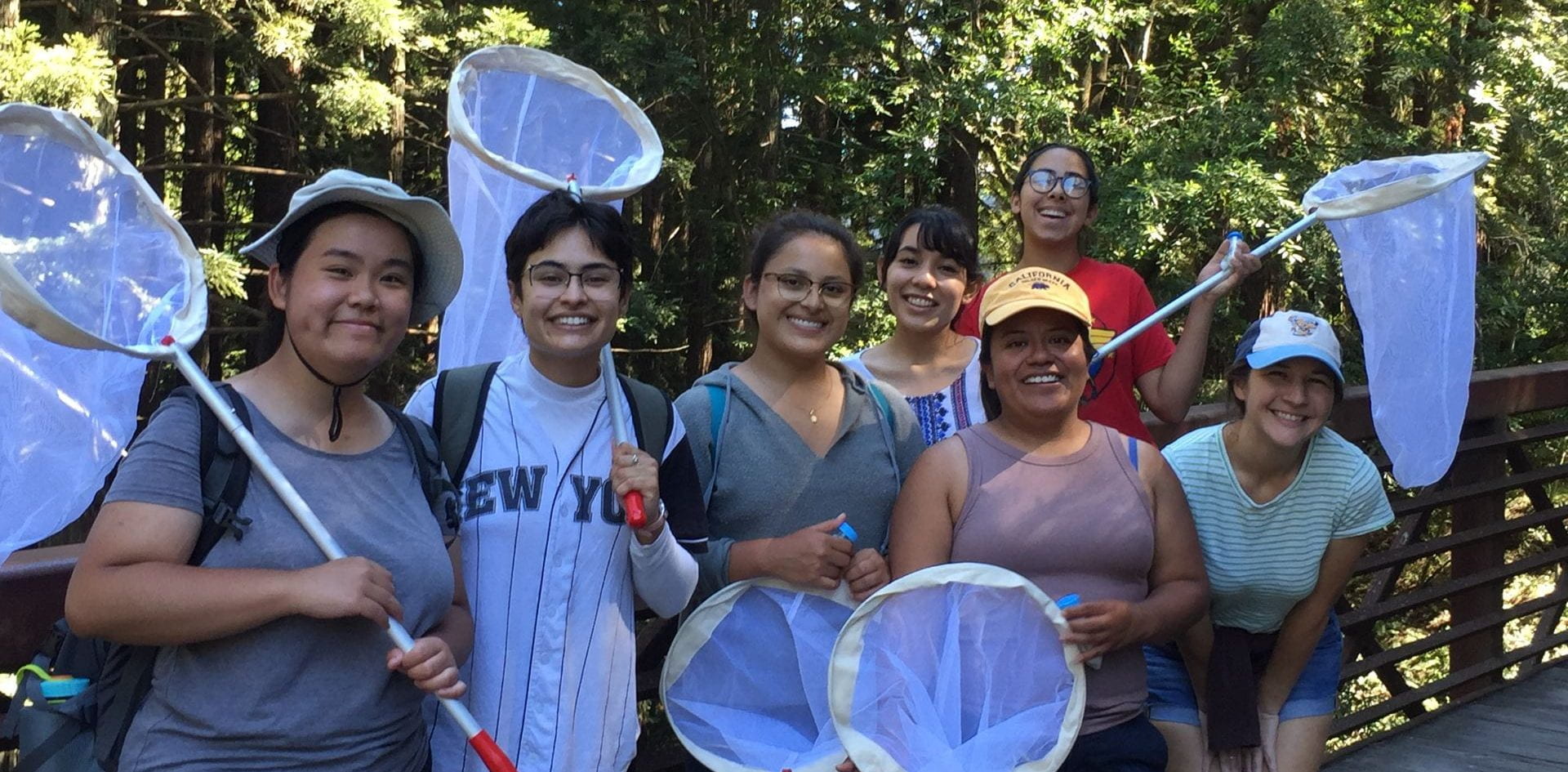For prospective graduate students:
Generally, our lab/research group uses studies in community ecology and agroecology to understand how management of farms and landscapes can contribute to biodiversity conservation and farmer well-being. Our ecological research focuses on understanding biodiversity loss, community assembly, ecosystem services, and ecological networks in agroecosystems. We interested in learning how diverse tropical communities, as well as relatively species-poor urban communities arise and are maintained, and how land-use change will impact assembly processes. Further, we study how ecosystem services, such as pest control, pollination, and climate change adaptation and mitigation, are affected by changes in biodiversity and habitat complexity. Most of our field work takes place in coffee agroecosystems in Mexico and urban agroecosystems in California.
The Environmental Studies PhD program at UC Santa Cruz is a highly interdisciplinary program focused on both ecology and social science disciplines. Our lab’s research reflects this. Please see more information on the general program requirements here.
Students in the lab typically have strong interests in ecology – with backgrounds in agroecology and conservation, tropical ecology, insect ecology, urban agriculture, trophic interactions, ecological networks, biodiversity, or ecosystem services research. Most students also have strong interests in food justice, food sovereignty and well-being, or general interests in some area of social sciences as relating to conservation and agroecology. Students are expected to have previous research experience of some sort, to develop independent projects with thematic linkages to current lab projects either in tropical or temperate regions, to be independent and self-motivated, to be eager to publish in peer-reviewed journals, and to speak the language of the country that they’d like to work in. Typically, students complete at least 3-4 data chapters in a dissertation, plus one review or meta-analysis that serves as an introduction. Students are expected to take graduate school very seriously, to work hard, and to have fun.
If you are interested in joining the Philpott lab, please contact Stacy with information about your research interests, CV, and references.
For prospective undergraduates:
The Philpott Lab often has research opportunities for undergraduate students in field and lab projects, mostly relating to insect and plant biology. Please contact Stacy to find out about current opportunities.

